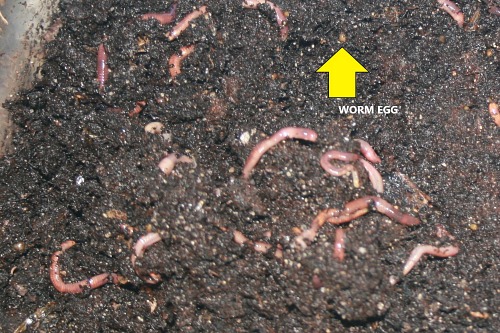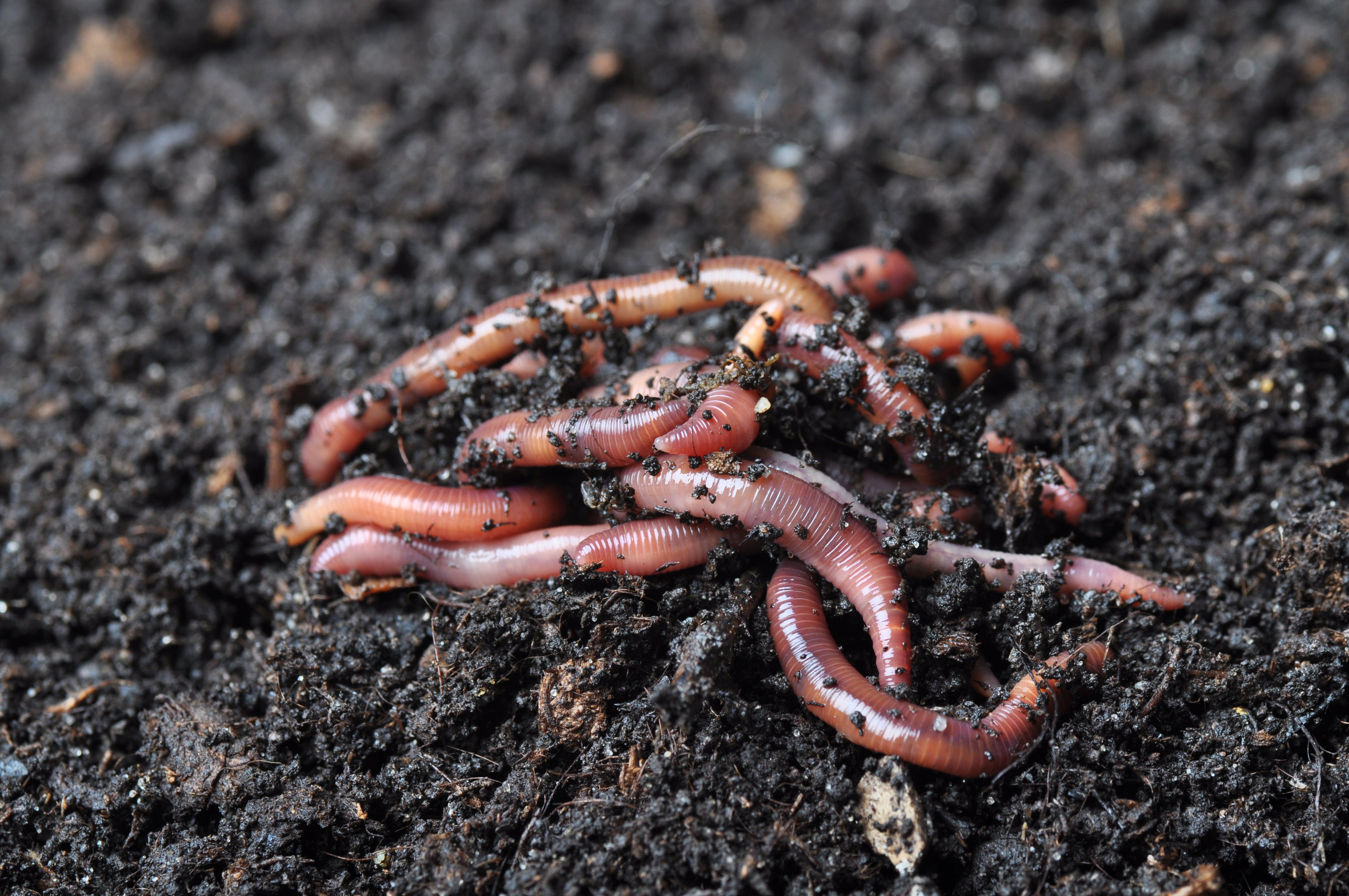Red Wiggler Worms - Improve Your Soil Health Naturally
Red Wiggler Worms - Improve Your Soil Health Naturally
Blog Article
Red Wiggler Worms Demystified: Opening the Secrets of Vermiculture for Greener Living and Nutrient-Rich Dirt
In the world of lasting methods for improving soil top quality and advertising eco-conscious living, red wiggler worms play an essential yet frequently forgotten role. Red Wiggler Worms. Comprehending the intricacies of caring for these worms, maximizing their atmosphere, and harnessing their castings can lead to a greener way of living and healthier soil for plants to grow.
The Role of Red Wiggler Worms
Red Wiggler worms play a vital duty in composting systems by efficiently breaking down raw material into nutrient-rich castings. These ravenous eaters take in a range of organic products, such as kitchen area scraps, yard waste, and paper products. As they feed, the worms' digestive system processes break down the raw material into a fine, dark, and nutrient-dense material called worm spreadings or vermicompost.
The castings produced by Red Wiggler worms are extremely beneficial for soil health and wellness and plant development. They are abundant in important nutrients like potassium, phosphorus, and nitrogen, which are important for supporting healthy plant advancement. In addition, worm spreadings contain useful germs and enzymes that aid boost soil structure, boost water retention, and improve nutrient uptake by plants.
Advantages of Vermicomposting

In addition, vermicompost, the nutrient-rich end product of vermicomposting, offers as an exceptional organic fertilizer and dirt conditioner. It enhances dirt structure, enhances soil oygenation, and boosts soil moisture retention. These properties add to much healthier plants with more powerful origin systems and better resistance to conditions and parasites. Vermicompost additionally enriches the dirt with essential nutrients like nitrogen, phosphorus, and potassium, promoting plant development and total soil fertility.
Furthermore, vermicomposting assistances lasting horticulture methods by supplying a all-natural and chemical-free alternative to synthetic fertilizers. Red Wiggler Worms. This eco-friendly method not only enhances the soil however additionally helps in reducing reliance on dangerous chemicals, advertising a greener and extra lasting means of gardening
Setting Up a Worm Bin
When developing a worm container for vermicomposting, appropriate setup is important to make sure the success of the composting process. The initial step in establishing up a worm bin is picking a suitable container.
After including the bed linens, present the red wiggler worms to the container. It is recommended to begin with a little number of worms and gradually raise as they increase. The worms ought to after that be supplied with food scraps such as vegetables and fruit peels, coffee grounds, and eggshells. It is important to prevent including meat, dairy products, oily, or salty foods to avoid attracting insects and creating undesirable odors.
Regularly keep an eye on the dampness degrees and temperature in the worm container to ensure ideal conditions for the worms. With correct setup go to my site and upkeep, the worm bin will successfully convert organic waste into nutrient-rich garden compost for your plants and garden.
Collecting Worm Castings
To successfully collect nutrient-rich worm spreadings from your vermicomposting system, a systematic harvesting approach is important. When it comes time to collect the worm castings, there are a few vital steps to follow to ensure a successful procedure. Stop including fresh food scraps to one side of the worm container for a pair of weeks before harvesting. This motivates the worms to move sideways with fresh bed linens and food, making it easier to dig the spreadings from the opposite side.

Troubleshooting Common Issues
Determining and dealing with common challenges that may arise throughout the vermicomposting process is important for maintaining a efficient and healthy worm bin. One common issue that vermicomposters experience is overfeeding. Including excess food scraps can result in a buildup of moisture and level of acidity in the worm container, potentially harming the worms. To prevent this, feed the worms in small amounts, making sure that the food scraps are effectively broken down before including a lot more. Another issue is undesirable odors emanating from the worm bin. Foul smells show anaerobic conditions, generally triggered by overwatering or poor ventilation. To remedy this, change the moisture degrees by Resources adding completely dry bed linen products like shredded newspaper or cardboard and rise aeration by transforming the bed linen on a regular basis.
Additionally, if the worm population is decreasing or the worms appear undesirable, it can be because of ecological stressors such as severe temperatures or pH levels. Keeping track of these variables and making required modifications check here is important for the wellness of the worms. By troubleshooting these typical concerns promptly, vermicomposters can guarantee a effective and smooth vermicomposting process while maintaining a prospering worm populace.

Final Thought
In verdict, red wiggler worms play a critical function in vermiculture by breaking down natural matter into nutrient-rich dirt. Establishing up a worm bin is essential for effective vermiculture, and gathering worm castings gives useful compost for horticulture.
As they feed, the worms' digestive system processes damage down the natural matter right into a fine, dark, and nutrient-dense product understood as worm spreadings or vermicompost.
The castings produced by Red Wiggler worms are extremely useful for soil health and wellness and plant growth. Including excess food scraps can lead to a buildup of dampness and acidity in the worm container, potentially damaging the worms.Additionally, if the worm populace is declining or the worms show up unhealthy, it can be due to environmental stress factors such as extreme temperature levels or pH degrees. Establishing up a worm container is important for successful vermiculture, and gathering worm spreadings offers beneficial garden compost for gardening.
Report this page